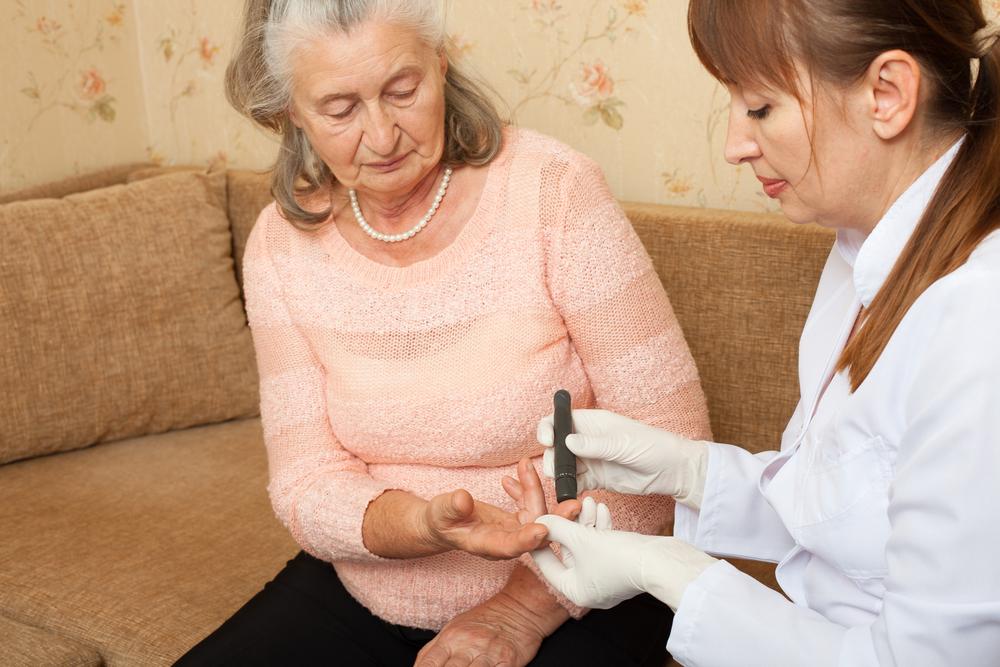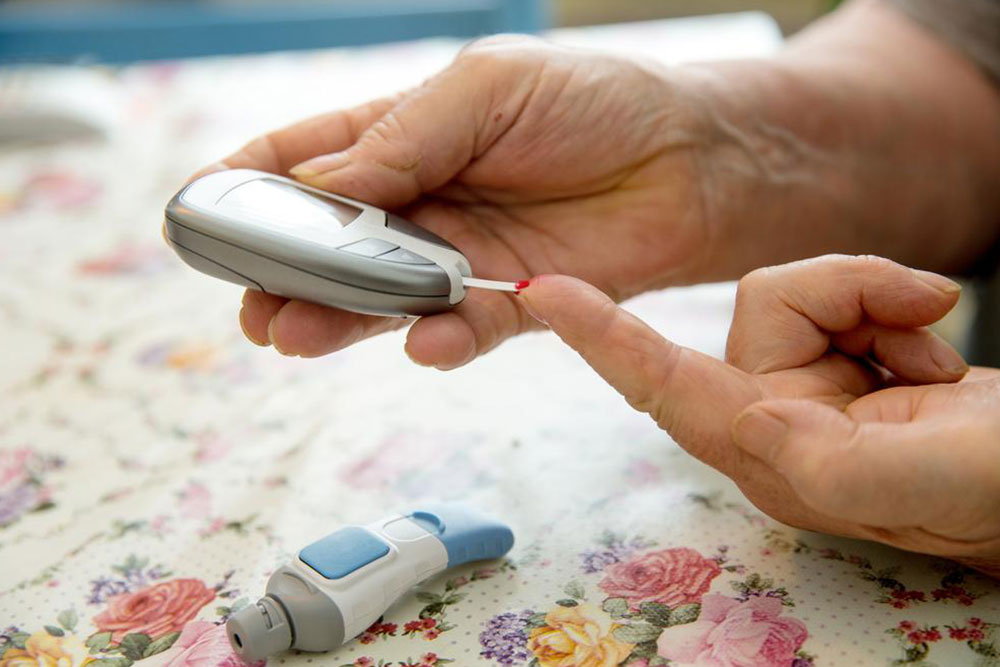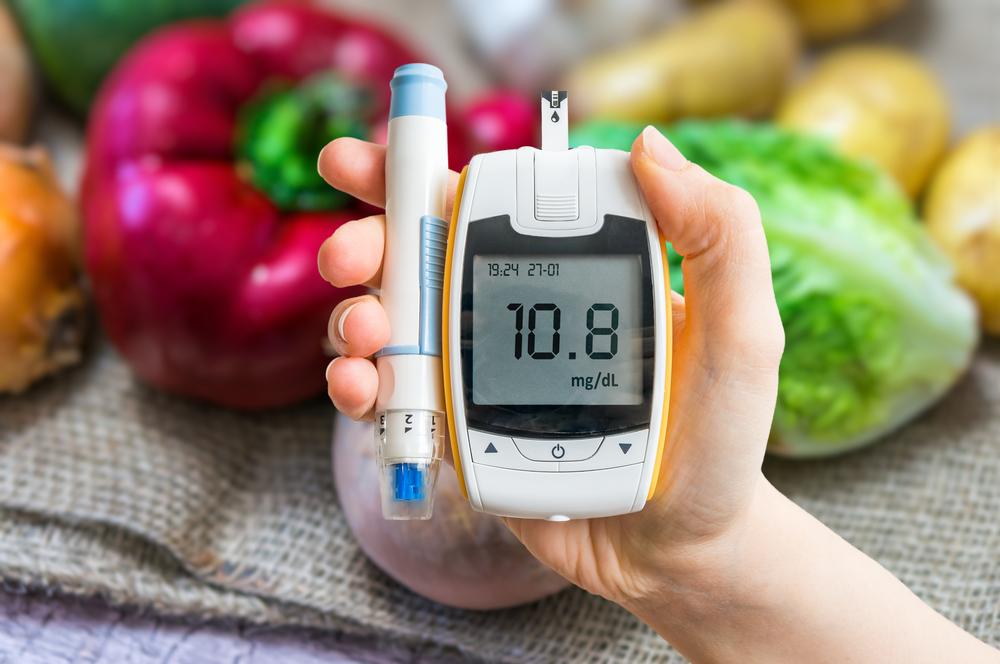Natural and Effective Methods to Reverse Diabetes and Improve Overall Health
Explore proven natural strategies for reversing Type 2 diabetes effectively. This comprehensive guide emphasizes weight management, balanced nutrition, and lifestyle changes to improve health, reduce medication dependence, and prevent complications. Discover how adopting a holistic approach can help manage and potentially reverse diabetes symptoms naturally, enhancing your quality of life.

Comprehensive Natural Strategies to Manage and Potentially Reverse Diabetes
Diabetes mellitus is a complex metabolic disorder that affects millions worldwide. It is characterized by elevated blood sugar levels, insulin resistance, and sometimes insufficient insulin production. The condition often stems from lifestyle factors such as poor diet, sedentary behavior, and excess weight, but genetic predisposition also plays a role. There are primarily two types of diabetes: Type 1 and Type 2, each with distinct causes and characteristics. Understanding these differences is key to adopting appropriate management strategies.
Type 1 Diabetes
Also identified as juvenile diabetes, this form typically develops in children and young adults. It is an autoimmune condition where the body's immune system mistakenly attacks the insulin-producing beta cells in the pancreas. As a result, individuals with Type 1 diabetes require lifelong insulin therapy. Although it cannot currently be reversed, early diagnosis and management are crucial for maintaining health and preventing complications.
Type 2 Diabetes
More prevalent among middle-aged and older adults, Type 2 diabetes accounts for approximately 90-95% of all cases. It primarily results from the body’s inability to effectively use insulin, a condition known as insulin resistance. Factors such as unhealthy eating habits, physical inactivity, obesity, and genetic predisposition contribute significantly to its development. Unlike Type 1, Type 2 diabetes offers more opportunities for natural intervention and potential reversal through lifestyle changes.
Worldwide, approximately 392 million people suffer from diabetes, with numbers steadily increasing every year. Common symptoms include excessive thirst, frequent urination, unexplained weight loss, fatigue, blurred vision, and slow-healing wounds. If left unmanaged, diabetes can lead to severe health complications like cardiovascular disease, nerve damage, kidney failure, and vision loss. Historically viewed as an incurable disease, recent scientific advancements now provide hope through natural and lifestyle-based approaches to manage and even reverse diabetes symptoms effectively.
Many patients face challenges such as managing weight, controlling blood sugar levels, and dealing with nerve pain. Traditionally, medications are used to control symptoms, but they often come with side effects and do not address root causes. Fortunately, emerging research underscores that lifestyle modifications can foster significant improvements, and in some cases, complete reversal of the disease process.
It is crucial to take proactive steps toward reversing diabetes because of the serious long-term complications associated with unmanaged blood sugar levels. These include persistent energy depletion, damage to nerves and blood vessels, vision impairment, kidney disease, sexual dysfunction, increased susceptibility to infections, heart disease, obesity, and even gangrene. The goal of natural management strategies is to restore metabolic balance, improve health markers, and prevent progression of the disease.
Effective reversal strategies mainly focus on two foundational pillars:
Adjusting and improving dietary habits
Implementing sustainable lifestyle changes
Adopting a holistic approach that combines nutrition, physical activity, and behavioral modifications is essential for maintaining optimal health and preventing relapse.
1. Weight Management and Physical Activity
Achieving and maintaining a healthy weight is central to reversing Type 2 diabetes. Excess weight, especially abdominal fat, increases insulin resistance, making blood sugar control more difficult. Scientific studies demonstrate that even modest weight loss—around 5-7% of body weight—can significantly improve blood glucose levels and may lead to remission.
Small, consistent changes, such as setting realistic weight-loss goals, following a balanced diet, and establishing regular physical activity routines, serve as the foundation for successful management. Exercise enhances insulin sensitivity, helping the body use insulin more effectively, reducing the amount needed for sugar regulation, and improving overall metabolic health.
Engaging in regular aerobic exercise, strength training, and flexibility activities can assist in managing weight and improving cardiovascular health. Even walking, cycling, or swimming for 30 minutes a day can induce meaningful health benefits.
2. Nutritional Strategies for Blood Sugar Control
Nutrition plays a pivotal role in managing and reversing diabetes. While no one-size-fits-all diet exists, research supports diets rich in fiber, lean proteins, healthy fats, and complex carbohydrates. Emphasizing whole grains, fresh fruits, vegetables, nuts, and seeds helps stabilize blood sugar levels and promotes satiety.
Conversely, reducing intake of processed foods, refined sugars, and unhealthy fats minimizes blood glucose spikes and supports weight loss. Minimizing consumption of sugary beverages, baked goods, and fast foods is crucial for controlling diabetes.
Healthy fats, such as those found in olive oil, avocados, nuts, and oily fish, not only provide essential nutrients but also help improve insulin sensitivity and lower inflammation. Incorporating these fats into the diet can aid in quick blood sugar regulation while maintaining health.
Adopting a low-carbohydrate diet can offer specific benefits, including:
Enhanced blood sugar control
Increased satiety leading to weight loss
Reduced cravings for sweets and carbs
More steady digestion and energy levels
Although these dietary modifications are not considered a cure alone, maintaining them consistently can lead to reduced dependence on medications and even remission in some cases. Experts emphasize that sustainability over the long term is key to preventing relapse and maintaining health benefits.Recent studies show that adhering strictly to lifestyle modifications—such as diet and exercise—can dramatically reduce reliance on medications and, in some cases, reverse diabetes symptoms entirely. This approach is particularly significant considering the economic burden of the disease, with hundreds of billions spent annually on treatment and management. For the millions of individuals affected, natural strategies provide a viable path towards better health and reduced healthcare costs.
While managing diabetes can be challenging, taking proactive steps through natural methods enhances control, minimizes complications, and significantly boosts quality of life. Embracing lifestyle modifications rooted in science and tradition offers a realistic, sustainable way to combat this global epidemic.





